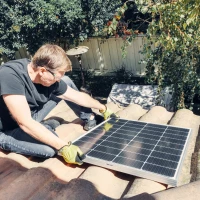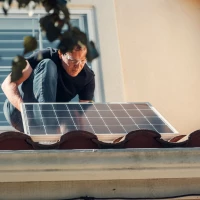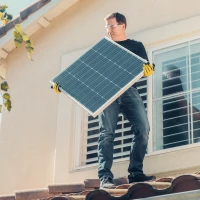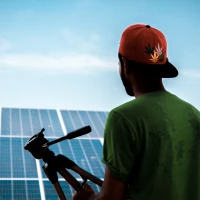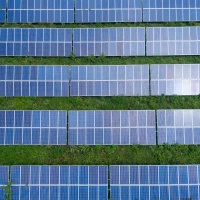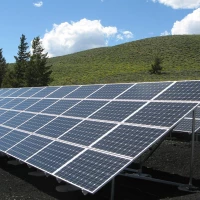
The Impact Of Renewable Energy On UK Economy
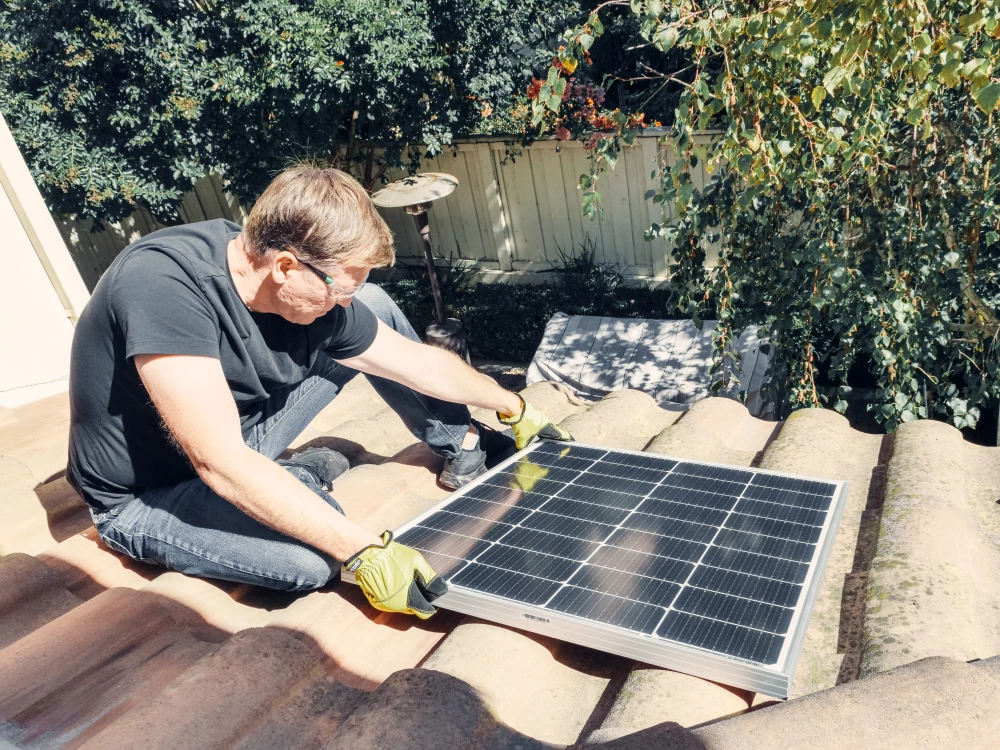
Solar panel costs have been falling steadily in recent years, and there are now a number of different options available to homeowners in Hilcott.
With the cost of electricity rising and the government's renewable energy targets becoming increasingly ambitious, solar panels are an attractive proposition for many people. However, with such a wide range of products on the market, it can be difficult to know where to start.
This article will provide an overview of the different types of solar panels available and how much they typically cost. It will also look at some of the important factors that you need to consider when deciding whether or not solar is right for your home.
The cost of solar panels has fallen dramatically in recent years, making them an increasingly attractive proposition for homeowners across Hilcott. There are now a number of different types of solar panel available, each with its own set of benefits and drawbacks. The cost of installation can also vary depending on a number of factors, such as the size and layout of your roof.
The most important thing to remember when considering solar panel costs is that the initial investment is only part of the equation. Solar panels will continue to generate electricity for 25 years or more, meaning that they will eventually pay for themselves many times over. In addition, any surplus electricity that you generate can be sold back to the grid, providing you with an additional source of income.
The table below provides an overview of some of the most popular types of solar panel available in the UK, along with their average costs:
Type | Average Cost | Benefits | Drawbacks |
|---|---|---|---|
Mono-crystalline | £5,000 - £7,000 | High efficiency; Good performance in low-light conditions; Long lifespan | More expensive than other types; Can be damaged by wind Mono-crystalline solar cells are made from a single crystal of silicon, which gives them higher efficiency rates than other types of solar cell. This makes them ideal for use in areas with limited space, such as on rooftops. They are also relatively unaffected by shade and perform well in low-light conditions. However, they are more expensive than other types of solar cell and can be damaged by strong winds. |
Polycrystalline | £4,000 - £6,000 | Good value; Good performance in low-light conditions; Resistant to wind damage | Less efficient than mono-crystalline cells; Lower lifespan Polycrystalline cells are made from multiple silicon crystals, which gives them slightly lower efficiency rates than mono-crystalline cells. However, they are much cheaper to produce and so offer good value for money. They also perform well in low-light conditions and are resistant to wind damage. |
Thin film | £3,000 - £5,000 | Flexible; Can be integrated into building materials; Resistant to high temperatures; Lightweight | Lower efficiency rates Thin film cells are made from layers of thin semiconductor material that is deposited onto a substrate such as glass or plastic. They are flexible and can be integrated into building materials such as roof tiles or windows. They are also resistant to high temperatures and lightweight, making them easy to install. However, their efficiency rates are lower than those of crystalline cells. |
Solar panel costs have fallen sharply in recent years, making them an increasingly attractive proposition for homeowners across the UKIf you're thinking about installing solar panels , there are a few things you need to bear in mind.
First and foremost amongst these is the initial cost – although this needs to be considered in light of the fact that solar panels will continue to generate electricity for 25 years or more after they've been installed..
Secondly, think about what type of solar panel is best suited to your needs – do you want something that's cheap but less efficient? Or do you want something that's more expensive but more effective? Use this article as a starting point for your research – then contact us.
We cover Hilcott (Wiltshire)
